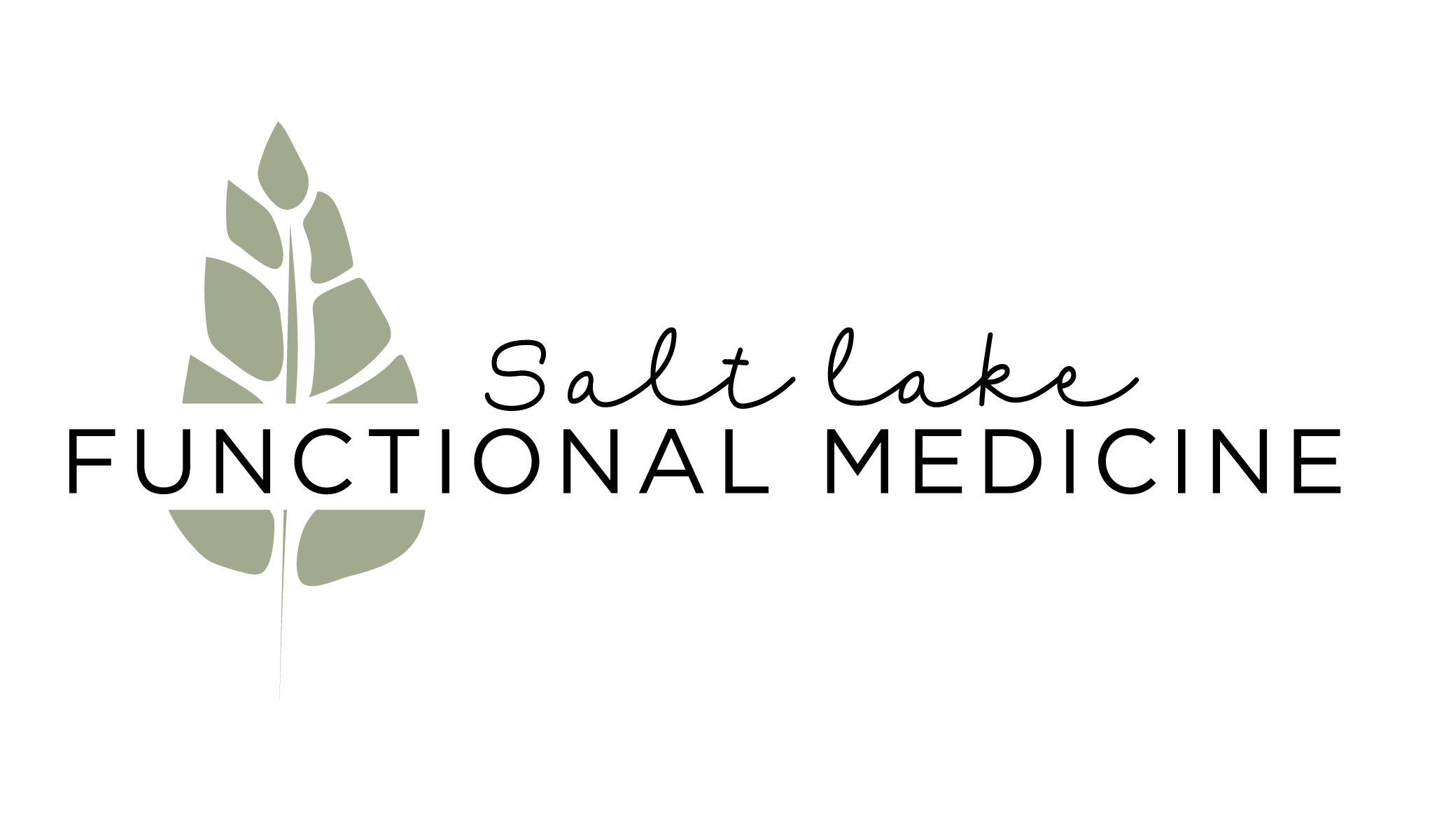Diverticulosis and Diverticulitis:
A Functional Medicine Approach for Relief
Diverticulosis is a common condition where small, bulging pouches (diverticula) develop in the lining of the digestive tract, most often in the colon. When these pouches become inflamed or infected, it’s called diverticulitis. At Salt Lake Functional Medicine, Dr. Tiffani Fries offers a functional medicine approach to manage these conditions, reduce inflammation, and improve your digestive health.
Understanding Diverticulosis and Diverticulitis
Diverticulosis is often asymptomatic and may go undetected. However, some individuals may experience mild cramps, bloating, or constipation.
Diverticulitis occurs when the diverticula become inflamed or infected, leading to more severe symptoms, such as:
- Abdominal pain, usually on the lower left side
- Fever
- Nausea and vomiting
- Constipation or diarrhea
- Rectal bleeding (in some cases)
Factors that can Contribute to Diverticulosis and Diverticulitis:
Low-fiber diet:
A diet lacking in fiber can lead to harder stools and increased pressure in the colon, contributing to the formation of diverticula.
Age:
The risk of diverticulosis increases with age.
Genetics:
Some individuals may have a genetic predisposition to the condition.
Obesity:
Excess weight may increase the risk.
Lack of physical activity:
Exercise helps promote regular bowel movements.
The Salt Lake Functional Medicine Approach to Diverticulosis and Diverticulitis
Dr. Fries, DC takes a comprehensive approach to managing these conditions, focusing on identifying and addressing the underlying factors that contribute to their development and progression. This may involve:
Detailed Assessment:
A thorough evaluation of your health history, symptoms, diet, and lifestyle
Advanced Testing:
In some cases, stool testing or other assessments may be recommended to evaluate gut health and identify potential contributing factors.
Personalized Support Plans:
Based on your individual needs, Dr. Fries, DC will develop a tailored plan that may include:
Dietary Modifications:
Increasing fiber intake gradually, staying adequately hydrated, and potentially identifying and avoiding trigger foods.
Supplementation:
Using specific supplements like probiotics to support a healthy gut microbiome, or fiber supplements if dietary fiber is insufficient. Anti-inflammatory supplements may also be considered.
Lifestyle Changes:
Incorporating regular physical activity, managing stress levels, and addressing other lifestyle factors that can impact digestive health.
Managing Diverticulitis Flare-Ups
During a diverticulitis flare-up, a temporary liquid diet or a low-fiber diet may be recommended to allow the colon to rest. Dr. Fries, DC will provide guidance on managing acute episodes and transitioning back to a regular diet.
Promoting Long-Term Colon Health
At Salt Lake Functional Medicine, we’re committed to helping you manage diverticulosis and prevent diverticulitis flare-ups. By addressing the root causes and supporting your body’s natural healing processes, we believe you can experience significant improvement in your digestive health and overall well-being.

